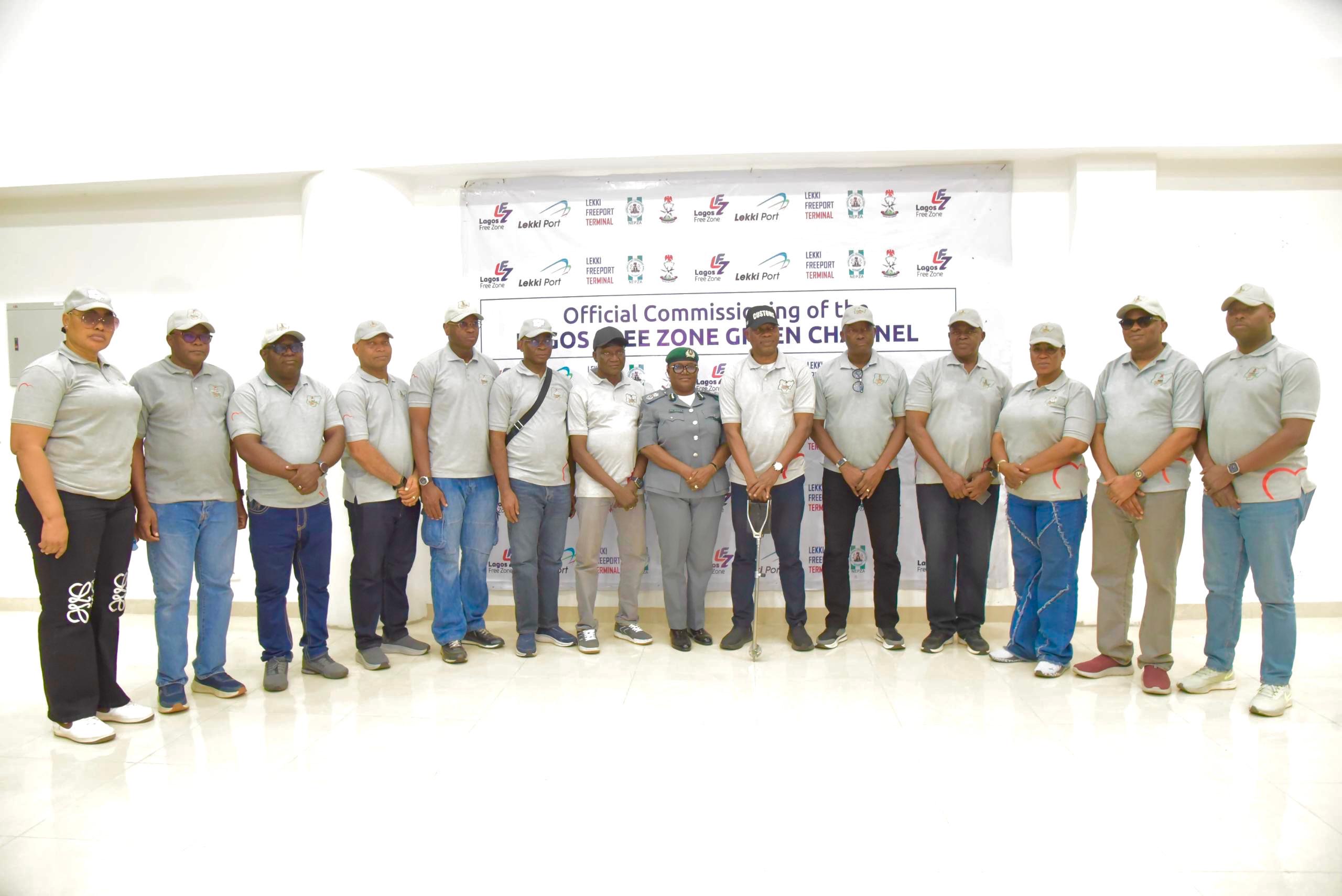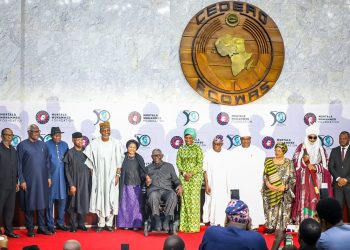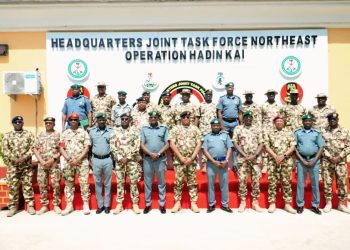…commission praised for proactive internal review and alignment with anti-corruption best practices
By Nkechi Eze
In a significant step toward enhancing accountability and promoting ethical governance in the Nigerian public service, the Fiscal Responsibility Commission (FRC) last week hosted officials of the Independent Corrupt Practices and Other Related Offences Commission (ICPC) at its Abuja headquarters. The visit formed part of ICPC’s nationwide Ethics and Integrity Compliance Scorecard Exercise, a structured evaluation of Ministries, Departments, and Agencies (MDAs) aimed at identifying institutional weaknesses, promoting transparency, and encouraging adherence to ethical standards.
Deputy Director/ Head,Strategic Communications, Bede Ogueri Anyanwu, in an official signed statement disclosed that the engagement, which was coordinated through the Anti-Corruption and Transparency Unit (ACTU) of the FRC, served as a platform for the ICPC team to assess the Commission’s compliance with established anti-corruption protocols, internal controls, and integrity-focused practices. The Ethics and Integrity Compliance Scorecard, an initiative driven by ICPC’s Systems Study and Review Department, focuses on ensuring that MDAs operate in line with global standards in governance, procurement, personnel management, and public engagement.
During the comprehensive one-day assessment, the ICPC delegation scrutinized multiple departments and functions within the Commission. These included the Procurement Unit, Human Resources and Administration, Finance and Audit Controls, and Communication and Public Relations, with particular attention given to the FRC’s website and digital transparency tools. This holistic review aimed to ascertain whether systems were in place to prevent corrupt practices, ensure fiscal discipline, and improve service delivery.
In anticipation of the visit, FRC’s ACTU had already embarked on an internal systems study and workflow audit, covering all operational Directorates and Units. This internal exercise allowed the Commission to self-evaluate its procedures, identify inefficiencies, and draft strategies to address operational gaps before the ICPC’s formal assessment. The proactive move was widely commended by the visiting ICPC team, who praised the Commission for taking initiative and demonstrating a strong institutional will to improve.
Speaking during the interactive session, ICPC representatives emphasized that the Ethics and Integrity Scorecard is not designed as a punitive tool but as a framework for constructive feedback and continuous institutional development. They reiterated that the findings from the assessment would help MDAs like the FRC align more closely with national and international anti-corruption benchmarks.
Representing the Executive Chairman of the FRC, Mr. Usman Nasiru, Deputy Director of Administration, welcomed the ICPC team and reaffirmed the Commission’s unwavering commitment to promoting transparency, preventing corrupt practices, and ensuring responsible management of public funds. He acknowledged the value of external reviews in strengthening governance and emphasized that FRC is open to implementing recommended reforms that would lead to better service delivery and more efficient operations.
“We see this visit not just as an audit, but as an opportunity to deepen our institutional culture of ethics and transparency. The feedback from this process will be crucial as we continue to review and improve our policies, workflows, and compliance mechanisms,” Nasiru stated.
The ICPC’s final report is expected to provide detailed insights and practical recommendations that will aid the Commission in its reform journey. Stakeholders believe the outcome will not only reinforce internal controls at the FRC but also strengthen public trust in its mandate to promote fiscal responsibility and combat financial mismanagement across government institutions.
The Ethics and Integrity Compliance Scorecard remains one of ICPC’s flagship initiatives, underscoring the agency’s broader strategy of institutional strengthening through collaboration, accountability, and transparency in governance.













